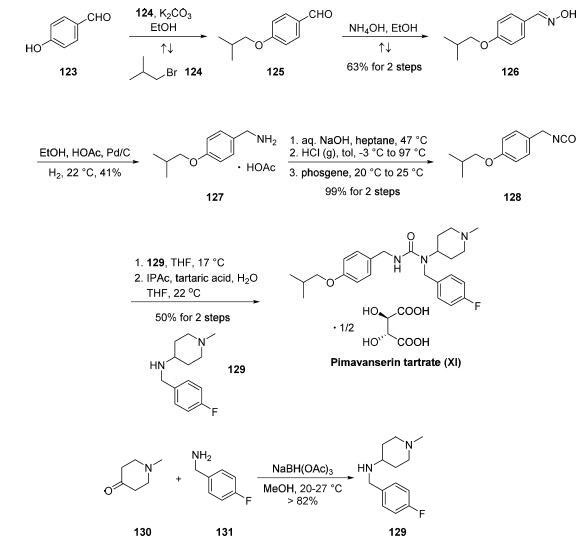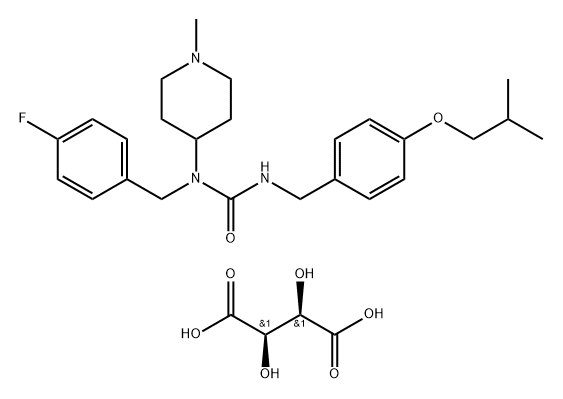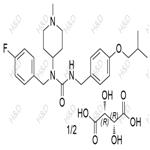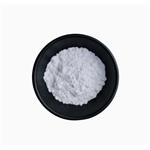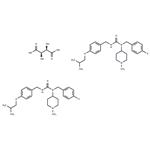Description
Pimavanserin,
developed by San Diego-based Acadia Pharmaceuticals, is a
selective and potent serotonin 2A (5-HT2A) receptor inverse
agonist. The USFDA approved this once-daily drug to treat
the delusions and hallucinations associated with psychosis as a
function of Parkinson’s disease. Pimavanserin has a unique mechanism of action relative to other antipsychotics, behaving
as a selective inverse agonist of the serotonin 5-HT2A receptor
while exhibiting 40-fold selectivity over the 5-HT2C receptor
and having no significant affinity or activity with the 5-HT2B or
dopamine receptors.
Uses
Pimavanserin tartrate is a 5-HT2A inverse agonist that reverses psychosis-like behaviours and has the potential to treat various other neuropsychiatric disorders such as schizophrenia and Parkinson’s disease.
Definition
ChEBI: A tartrate salt that is the hemitartrate salt of pimavanserin. An atypical antipsychotic that is used for treatment of hallucinations and delusions associated with Parkinson's disease.
Synthesis
Three patent applications filed by Acadia described the
process-scale synthetic approach to pimavanserin. The
kilogram-scale synthesis began with the alkylation
of commercially available 4-hydroxybenzaldehyde (123) with
isobutyl bromide (124) under basic conditions. Condensation
of the resultant benzaldehyde 125 with hydroxylamine
furnished the corresponding oxime 126 in 63% yield from
123. Hydrogenation of 126 catalyzed by Pd/C under acidic
conditions produced benzylamine 127, which was isolated as
the acetate salt in 41% yield. This compound underwent
sodium hydroxide workup followed by reaction with HCl gas
and phosgene to deliver isocyanate 128. Nucleophilic attack of
this isocyanate by benzylamine 129 (prepared from reductive
amination of commercially available N-methylpiperid-4-one
130 with 4-fluorobenzylamine 131) followed by
salt formation using tartaric acid in aqueous isopropyl acetate,
and THF completed the synthesis of pimavanserin tartrate (XI)
in 50% yield over the two-step protocol and a 10.6% overall
yield from 123.
